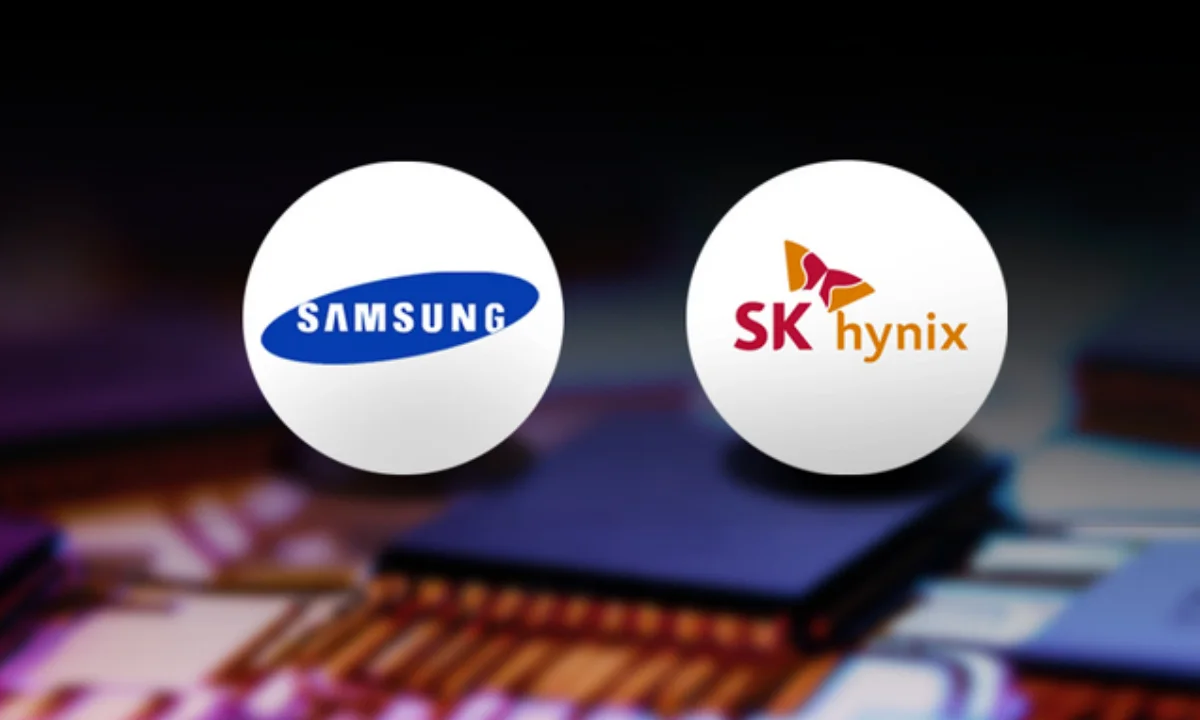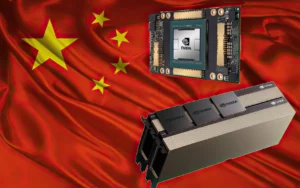Introduction:
The landscape of the semiconductor industry is witnessing a seismic shift, driven by the ever-growing demand for high-performance computing, particularly in the field of artificial intelligence (AI). As AI continues to permeate various industries, the need for high-bandwidth memory (HBM) in servers has surged exponentially. Additionally, at the epicenter of this technological battleground, two South Korean giants, Samsung Electronics and SK Hynix, fiercely compete for the HBM dominance.
The HBM Market Overview:
BusinessKorea projects that SK Hynix will lead the global HBM market, reaching around US$4 billion in 2023. Anticipating a significant industry milestone, SK Hynix is expected to secure a commanding 20% market share. Moreover, projections indicate that HBM sales will surpass KRW 1 trillion in the fourth quarter of 2023. This achievement marks a pivotal moment for SK Hynix in the industry.
Read More :What is So Special about NVIDIA Datacentre GPUs – techovedas
Samsung’s Ambitious Moves:
In response to the burgeoning demand and the challenge posed by SK Hynix, Samsung Electronics has embarked on an aggressive strategy to expand its HBM production in 2024. Recognizing the lucrative opportunities in the AI server market, Samsung is determined to carve out a substantial share for itself.
Moreover, the company’s announcement to increase HBM3 product sales in the fourth quarter of 2023 signals its commitment to gaining a stronger foothold in the HBM landscape.
SK Hynix’s Counteroffensive:
However, SK Hynix is not resting on its laurels. The company has outlined plans to invest in the mass production of the fifth generation HBM3e in the first half of the year.
This move is strategic, aimed at consolidating SK Hynix’s position as the leader in the HBM market.
The market consensus predicts that SK Hynix will surpass KRW 1 trillion in HBM sales in the fourth quarter of 2023, positioning the company to maintain its dominance through continuous innovation and production efficiency.
Read More: Why Meta Wants to Build Open-Source AGI? – techovedas
The Decisive Battle: HBM3e and NVIDIA’s GB100:
A showdown between Samsung and SK Hynix looms as they prepare to secure orders for NVIDIA’s highly anticipated AI chip, the GB100. Furthermore,Set to launch in the second half of 2025, the GB100 will utilize HBM3e memory, creating a coveted prize for semiconductor giants. Anticipations suggest that the competition for this prestigious order will intensify, as the successful bidder will not only secure substantial revenue but also solidify its position as an industry leader.
Read More: What is Artificial General Intelligence (AGI) : Possibilities & Danger – techovedas
Conclusion:
The high-stakes competition between Samsung Electronics and SK Hynix in the HBM market reflects the dynamic nature of the semiconductor industry, driven by the insatiable demand for high-performance computing solutions.
As AI continues to evolve, the strategic investments and technological advancements made by these companies will not only shape the future of the HBM market but also influence the trajectory of AI innovation on a global scale.
Additionally,the battle for dominance in the HBM market is not merely a contest between corporations; it is a pivotal chapter in the ongoing narrative of technological progress and innovation.




